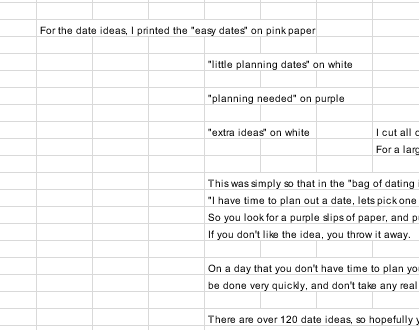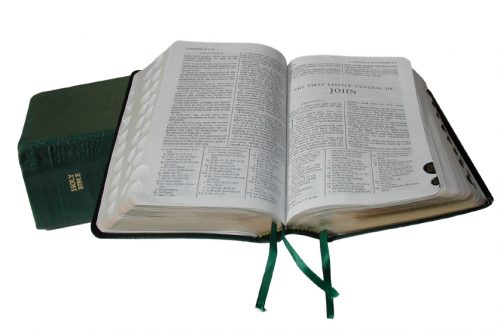Moroni 7 – Charity suffereth long…
Today the youth finished off their presentations/Spiritual Finals on Moroni 7. Once they shared their thoughts on their assigned sections, I led them through a step-by-step analysis of Moroni 7:45.
We listed on the board each of the essential parts to charity, as mentioned in verse 45. And if a definition in the scripture was mentioned in a “negative” term, we then turned it into the positive (I did this mostly to aid class discussion, but also to help ensure better understanding on the part of the students).
So here is what our list looked like at the end of our discussion:
- suffereth long
- kind
- grateful (for “envieth not”)
- humble (for “not puffed up”)
- seeketh happiness for others (for “seeketh not her own”)
- patient (for “not easily provoked)
- pure and kind thoughts (for “thinketh no evil”)
- rejoiceth in goodness and truth (for “rejoiceth not in iniquity or lies”)
Then we talked about the summary at the end of the verse:
- beareth all things
- believeth all things (which are true)
- hopeth all things
- endureth all things
The students helped come up with the summaries in the parenthesis. We also talked about several subjects. For example, there is a sweet girl in our stake which graduates from seminary this year. She was in the autistic classes through most of her early years in school, but by 8th grade was mainstreamed.
I asked the kids, “What does it mean to suffer long? What does it mean to have a condition in this life that might not ever change?” The amazing thing about this young lady is that her mother has said that she has never once complained about getting up early for seminary! What a bright light this girl radiates.
She is not in our seminary class, but being in our stake, most of the youth in my class knew of her. What an example she sets of being long suffering and patient.
We also discussed several things about “rejoicing in goodness.” I asked, “What happens if a kid decides he doesn’t want to go along with the crowd, when the crowd is choosing something wrong. What names does he (or she) get called?” The students threw out several unkind words which might have been used in a situation like this.
So I asked, “How hard is it for you to rejoice in goodness, even if everyone else is ridiculing that choice? Or better yet, have you ever found yourself ridiculing another Mormon for choosing something good?”
By the end of the day, I could see that there was a difference in their faces as we wrapped up discussion of this chapter. They, as students, had prepared presentations about this essential chapter on charity. And to finish up, we analyzed each of these individual points.
I particularly liked how the manual had suggested to substitute the phrase “the atonement” for each use of the word “charity” in these verses (45-48), which the students did during their presentations. What a blessing to have the gospel and to learn these important truths.
And tomorrow we have a surprise visitor coming for seminary. I can’t wait to see the kids faces.
Warmly,
just another-early-morning-seminary-teacher mom!
***
For seminary teaching tips and free PDFs, feel free to visit the Seminary Class Notes group.Free resources for the LDS seminary teacher.



